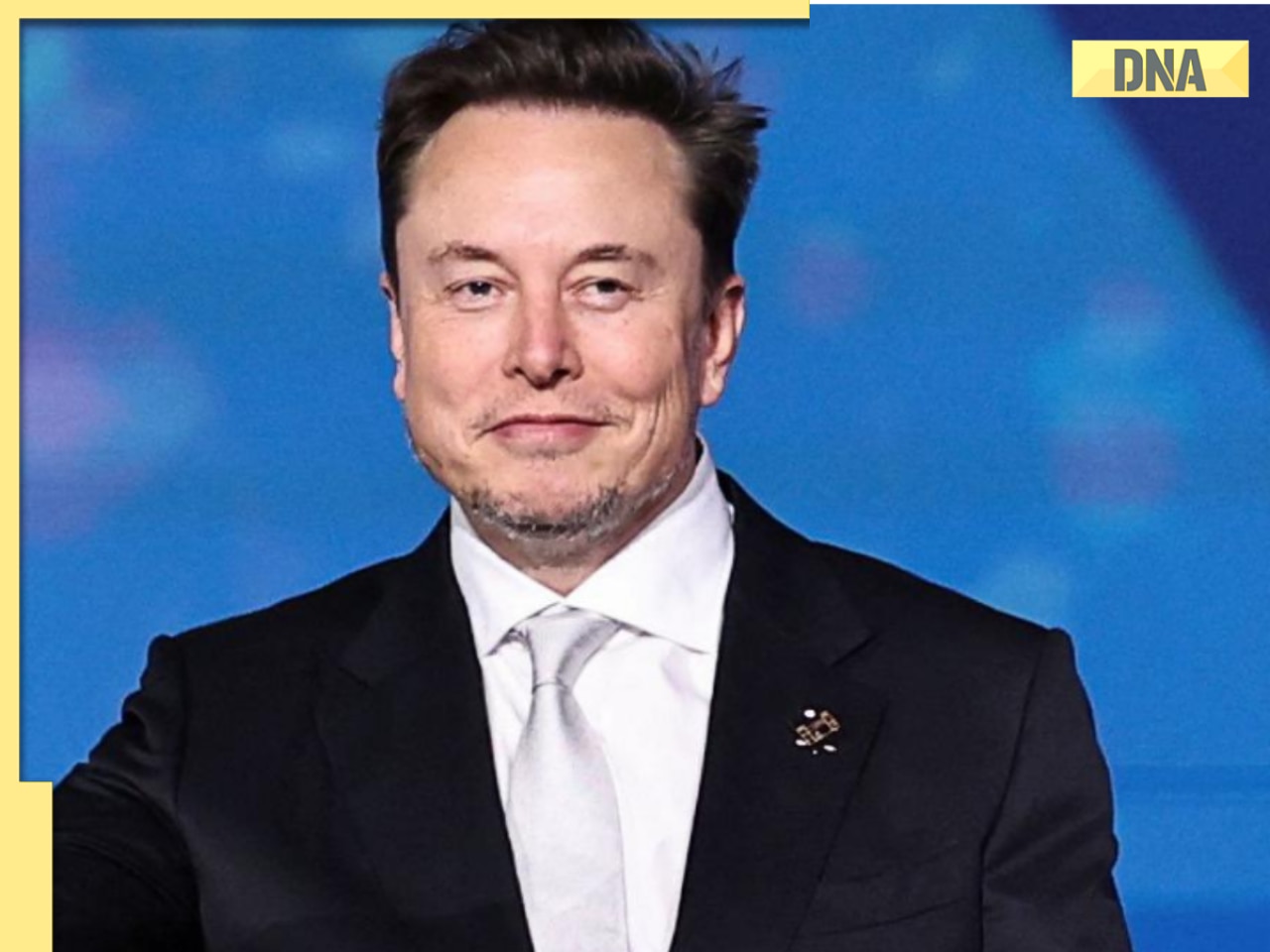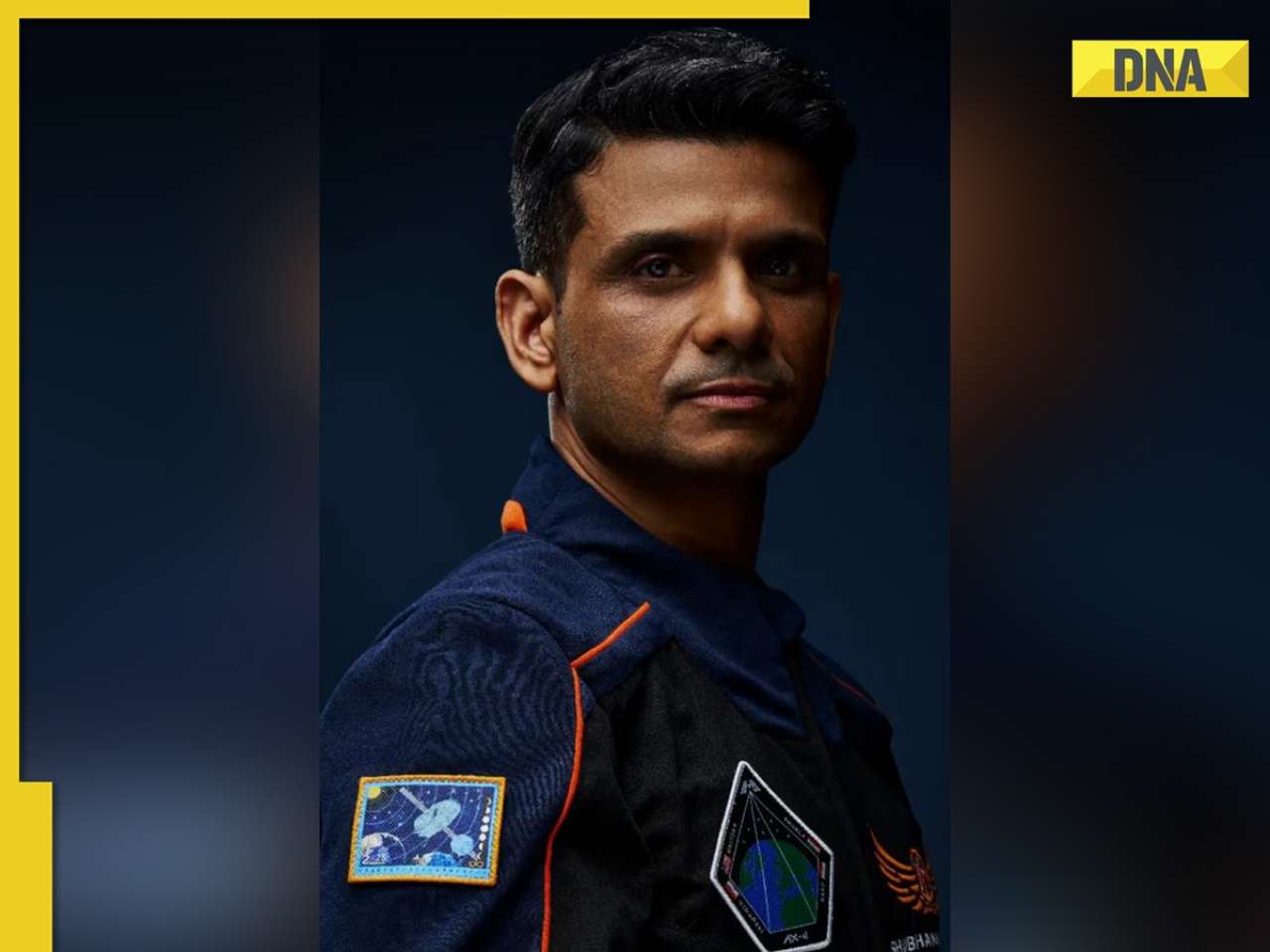Big Tech companies have long enjoyed a dominant position in the digital media landscape, deriving substantial revenues from the content created by news publishers without adequately compensating them.
The recent speech by Information and Broadcasting Minister Shri Ashwini Vaishnaw has been music to the ears of a much-harried and stressed digital news media ecosystem in India. For last few years, the digital platforms of legacy news publishers have been trying to convey to the policymakers the existential threats posed by monopolistic practices of Big Tech, particularly Google and Meta. They have been advocating an urgent need for regulations to safeguard the interests of the digital news industry, which is crucial for the democratic fabric of the nation.
Big Tech companies have long enjoyed a dominant position in the digital media landscape, deriving substantial revenues from the content created by news publishers without adequately compensating them. Indian digital news platforms, which invest considerably in newsrooms and journalistic integrity, find themselves in a precarious position. The prevailing “take it or leave it” attitude dictated by these monopolistic giants leaves little room for negotiation or revenue-sharing based on transparency. With such limited leverage, many digital news outlets have no choice but to acquiesce to unfavourable terms set forth by these tech behemoths.
In recent years, there has been a global fightback against the antitrust practices of Big Tech, with actions taken across various countries, including Australia, Europe, the UK, Canada, and the USA. Investigations into these anti-trust practices have intensified, prompting many governments to contemplate strict regulations and frameworks to ensure fair competition and accountability. Within India, the Competition Commission of India (CCI) has initiated investigations to examine these practices, although a comprehensive report is yet to be published.
During the last 18 months, the dialogue surrounding the regulation of digital media has intensified only. Previous communications from the last Information Technology Minister indicated a need for oversight of Big Tech within the digital media sphere. Minister Vaishnaw’s recent acknowledgment of the ramifications of allowing Big Tech to operate without accountability signals a significant resolve and openness in acknowledging the threats faced by the digital news media and credible news. It lays a foundation for potential regulatory reforms to address the imbalance that has persisted for far too long.
Legacy digital news publishers have consistently raised alarms about the proliferation of fake and unverified news, which often gains undue prominence on the search engines controlled by these tech giants. These platforms' complicated algorithms have enabled sensationalist and misleading narratives to overshadow credible journalism, posing a serious threat to both the nation’s social fabric and its democracy. The fact that unverified information can garner more visibility than factual reporting is reaching alarming proportions. Minister Vaishnav has rightly flagged this pressing issue.
Furthermore, the emergence of AI-powered tools like ChatGPT and Gemini have introduced an entirely new dimension to the media landscape. These interactive platforms serve as surrogate news sources, disseminating information often rooted in Western perceptions of Indian reality. Such representations may not reflect the true essence of Indian narratives, but rather filter content through a lens that can distort or misrepresent critical socio-political contexts. The proliferation of AI-generated content raises questions about the implications of foreign narratives on domestic discourse, and subverts the rationale of FDI regulations in the news media sector that are designed to protect Indian media interests. This is a dangerous development that could further erode the information ecosystem, undermining local narratives and interests.
Digital news media platforms are now looking towards the government to take decisive action – to craft regulations and enforceable guidelines that ensure fair revenue sharing with news publishers while simultaneously shielding them from the disruptive challenges posed by AI-driven platforms.
The current moment presents a critical opportunity for the Indian government to align policy with the evolving digital landscape. It is imperative to ensure that legacy news publishers are not only compensated fairly for their contributions but are also equipped with the tools to confront and adapt to new technological challenges.
Moreover, establishing regulations to govern AI technologies used in news dissemination could create a balanced ecosystem where both innovation and journalistic integrity coexist. By prioritizing transparency, accountability, and support for local digital news media, the government can play a transformative role in securing the future of digital news in India.
Minister Vaishnav’s recent remarks signal a pivotal moment in recognizing the existential threats posed by Big Tech to digital news media in India. As the dialogue progresses, it is vital for the government to act promptly and decisively to implement measures that protect the interests of Indian news publishers. Such initiatives will not only ensure the sustainability of credible journalism but also fortify the very bedrock of democracy by fostering an informed and engaged populace. The call for regulatory frameworks and fair revenue-sharing arrangements is not just an appeal for survival; it is a clarion call to uphold the principles of equity, transparency, and fundamental fairness in the evolving media landscape.
Find your daily dose of All
Latest News including
Sports News,
Entertainment News,
Lifestyle News, explainers & more. Stay updated, Stay informed-
Follow DNA on WhatsApp.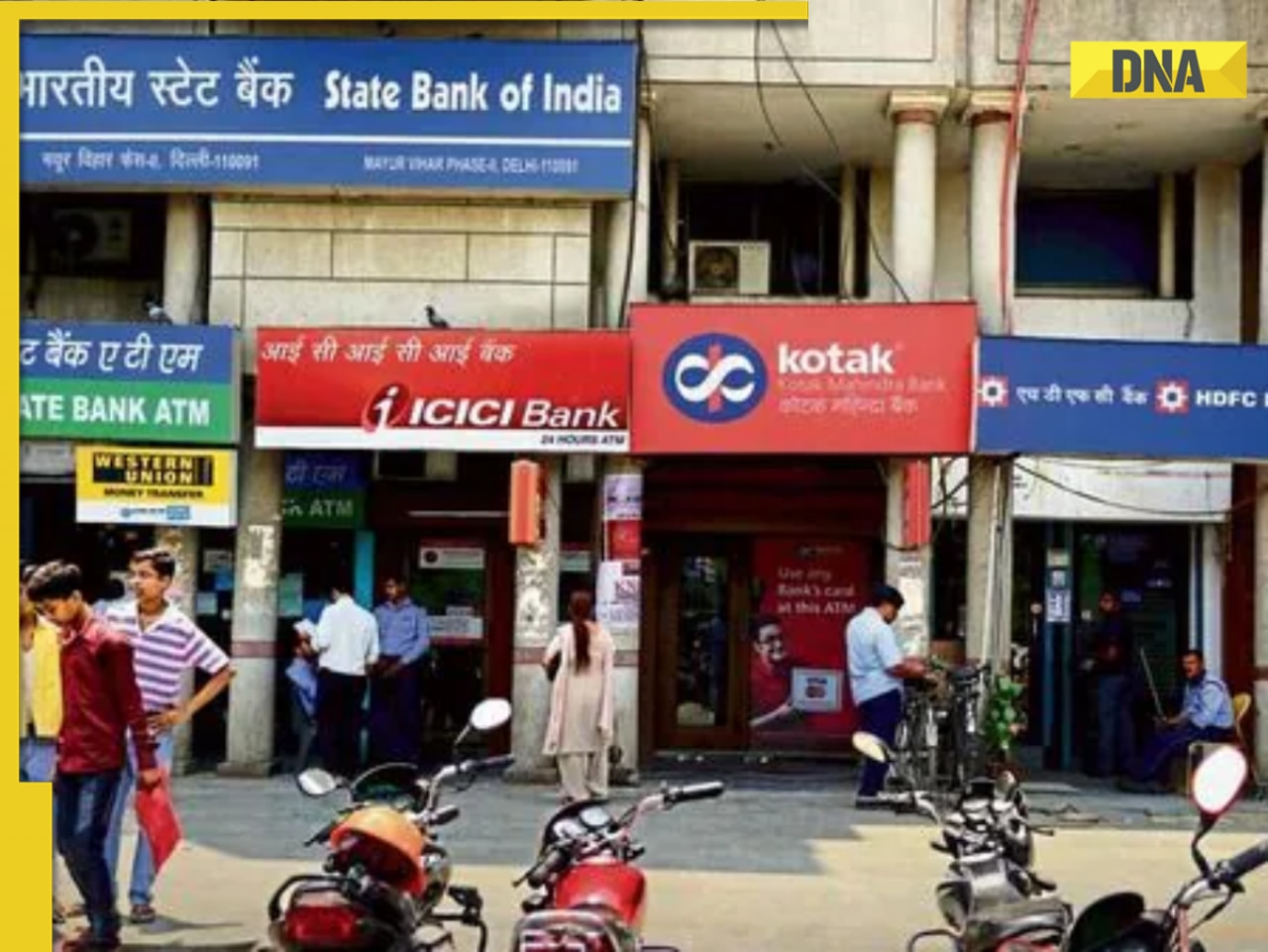 THIS govt company in HUGE debt, defaults on bank loans worth whopping Rs...
THIS govt company in HUGE debt, defaults on bank loans worth whopping Rs...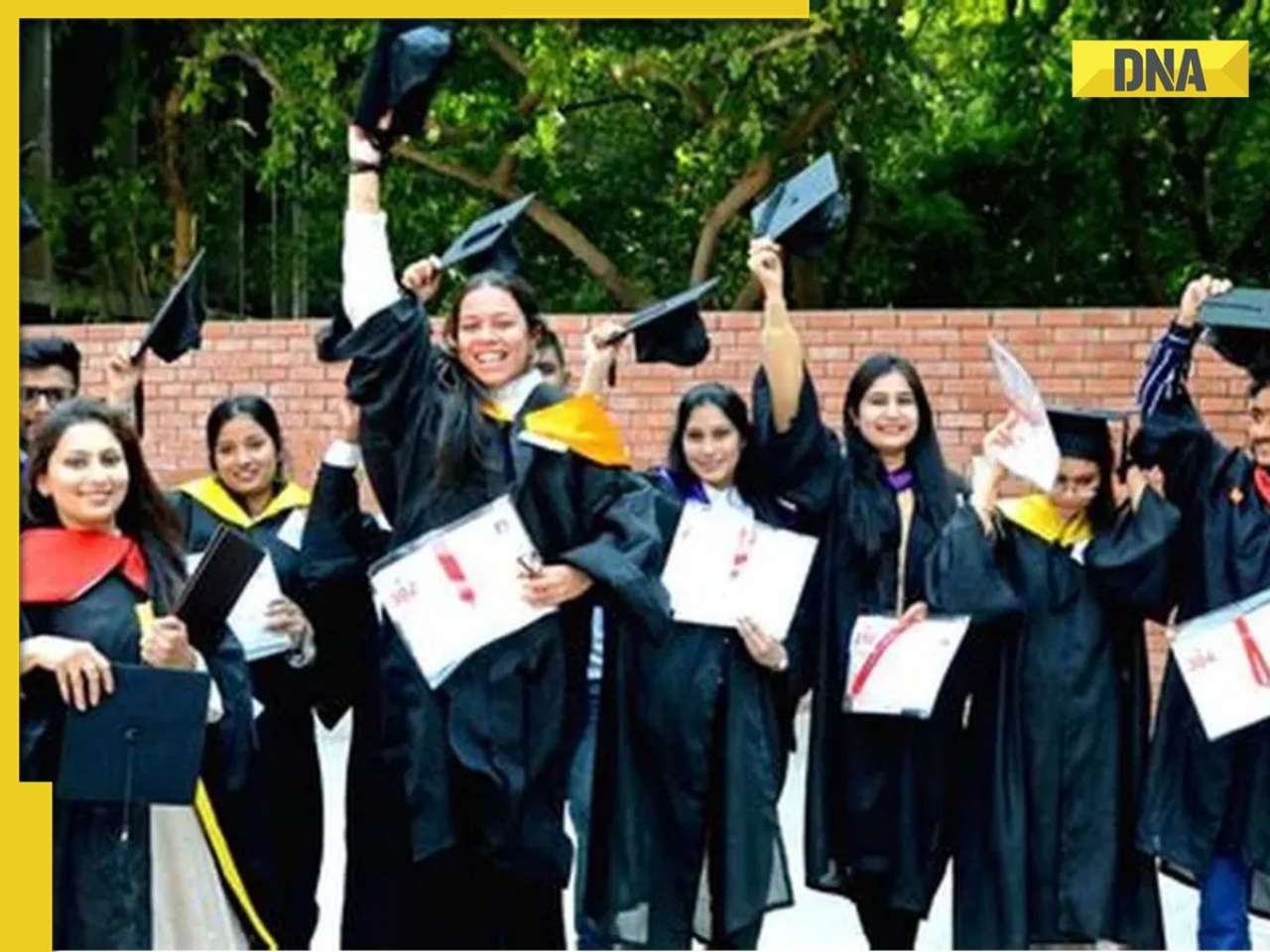 This city is world’s most student friendly, 4 Indian cities also feature in list with the most affordable city being...
This city is world’s most student friendly, 4 Indian cities also feature in list with the most affordable city being...  Tesla cars will be priced cheaper in Delhi and Mumbai than Gurugram, here’s why, check cost difference here
Tesla cars will be priced cheaper in Delhi and Mumbai than Gurugram, here’s why, check cost difference here Donald Trump makes BIG proposal to Ukraine over Russia war, asks Zelenskyy, 'Can you hit...'
Donald Trump makes BIG proposal to Ukraine over Russia war, asks Zelenskyy, 'Can you hit...'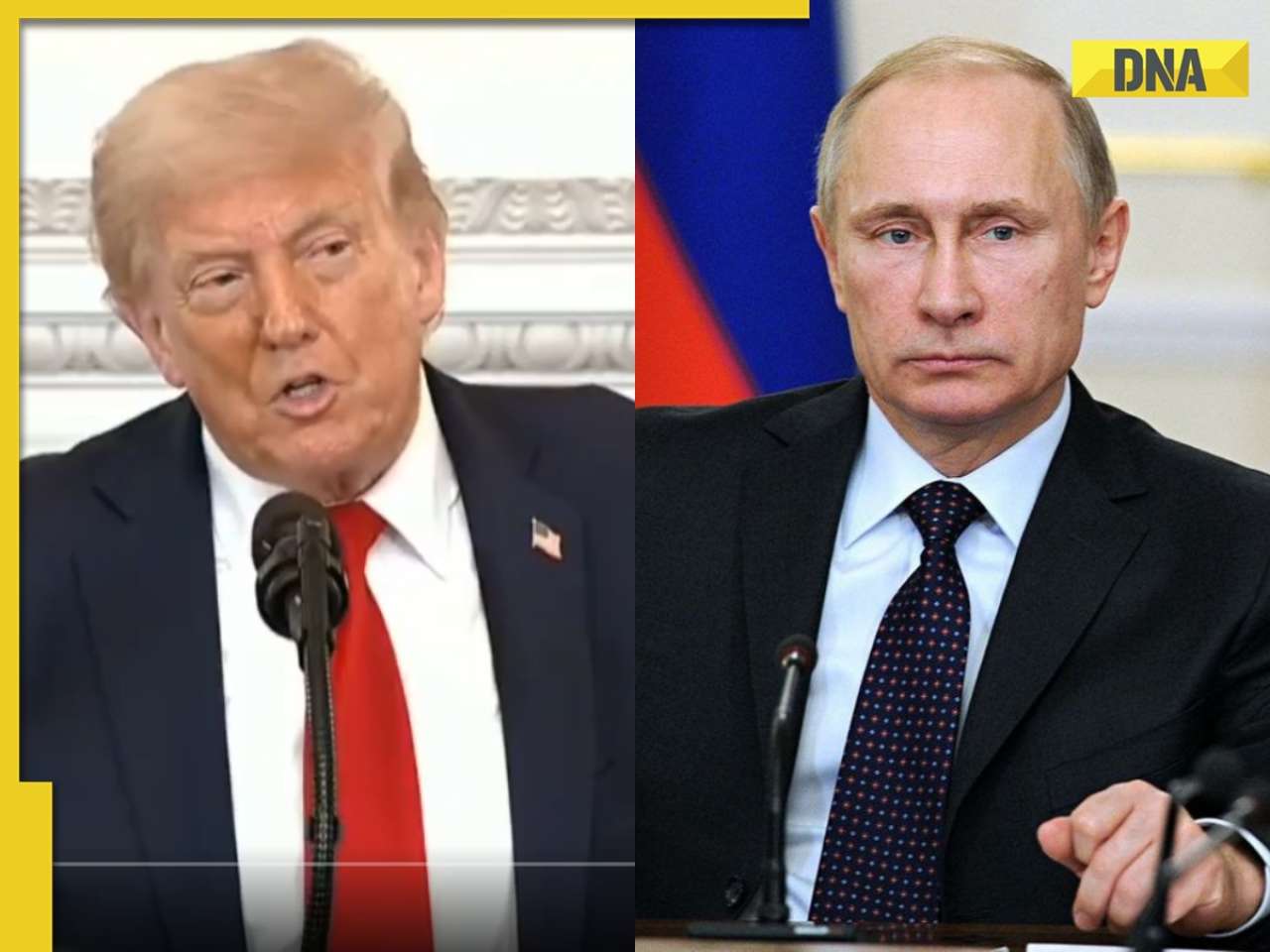 DNA TV Show: US President Donald Trump gives Putin 50-day deadline to end war with Ukraine
DNA TV Show: US President Donald Trump gives Putin 50-day deadline to end war with Ukraine What is brain fog? 7 Ways to overcome it
What is brain fog? 7 Ways to overcome it Sawan 2025: Move beyond Tip Tip Barsa Paani, this rainy season groove on these sizzling songs
Sawan 2025: Move beyond Tip Tip Barsa Paani, this rainy season groove on these sizzling songs Kang Seo‑ha to Kim Sae‑ron: K‑drama, K-pop icons we lost recently
Kang Seo‑ha to Kim Sae‑ron: K‑drama, K-pop icons we lost recently Our Golden Days, My Lovely Journey, Beyond the Bar: 8 must-watch K-dramas in August 2025
Our Golden Days, My Lovely Journey, Beyond the Bar: 8 must-watch K-dramas in August 2025 Parents-to-be Rajkummar Rao and Patralekhaa: What makes their family ties so strong
Parents-to-be Rajkummar Rao and Patralekhaa: What makes their family ties so strong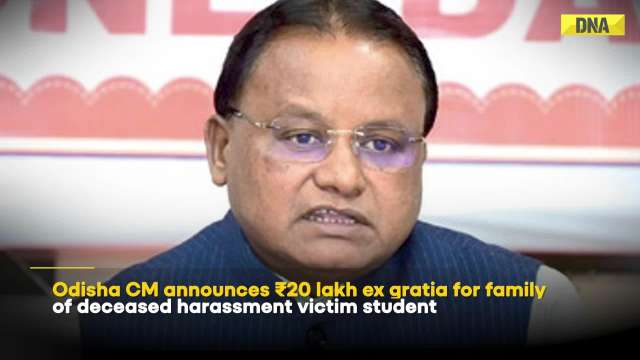 Odisha Girl Self Immolation Case: Odisha CM Announces Rs 20 Lakh Aid For Kin Of Balasore Student
Odisha Girl Self Immolation Case: Odisha CM Announces Rs 20 Lakh Aid For Kin Of Balasore Student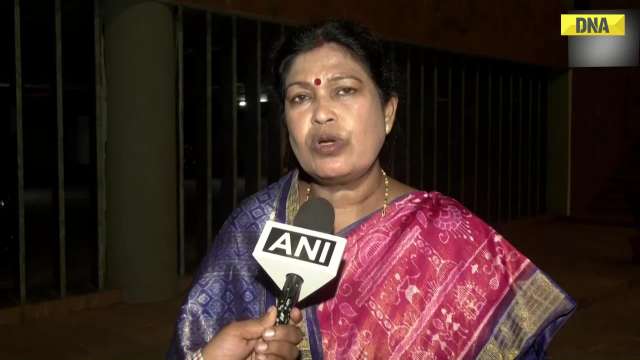 Odisha Girl Self-Immolation Case: BJD leader Slams Odisha Govt After Balasore Student Dies
Odisha Girl Self-Immolation Case: BJD leader Slams Odisha Govt After Balasore Student Dies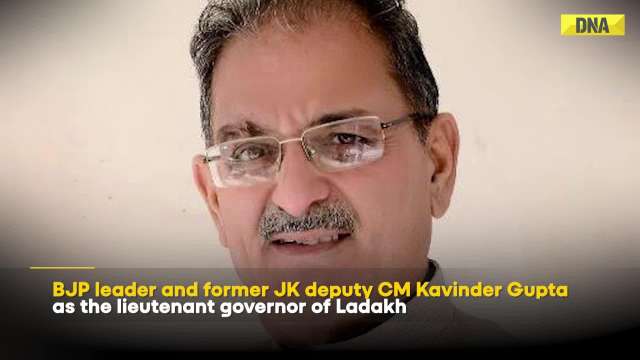 President Murmu Appoints New Governors For Haryana, Goa; Kavinder Gupta Named LG Of Ladakh
President Murmu Appoints New Governors For Haryana, Goa; Kavinder Gupta Named LG Of Ladakh Bombay Stock Exchange Receives Bomb Threat From 'Comrade Pinarayi Vijayan', '4 RDX IED In Building'
Bombay Stock Exchange Receives Bomb Threat From 'Comrade Pinarayi Vijayan', '4 RDX IED In Building' India Pakistan News: New Paramilitary Force In Pakistan Sparks Crackdown Fears
India Pakistan News: New Paramilitary Force In Pakistan Sparks Crackdown Fears THIS govt company in HUGE debt, defaults on bank loans worth whopping Rs...
THIS govt company in HUGE debt, defaults on bank loans worth whopping Rs... Tesla cars will be priced cheaper in Delhi and Mumbai than Gurugram, here’s why, check cost difference here
Tesla cars will be priced cheaper in Delhi and Mumbai than Gurugram, here’s why, check cost difference here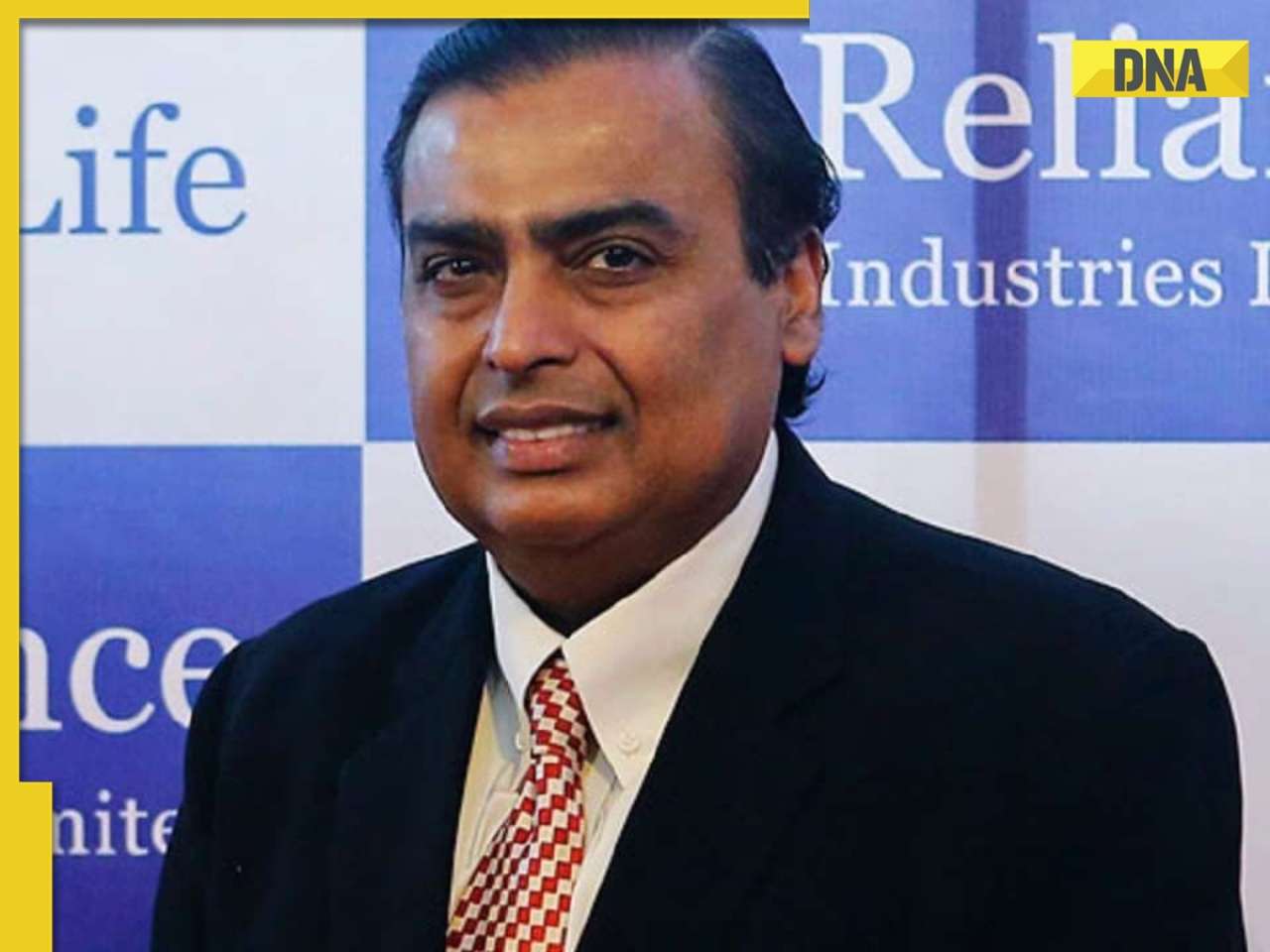 Mukesh Ambani's Reliance's BIG win as Delhi HC directs e-commerce platforms to...
Mukesh Ambani's Reliance's BIG win as Delhi HC directs e-commerce platforms to...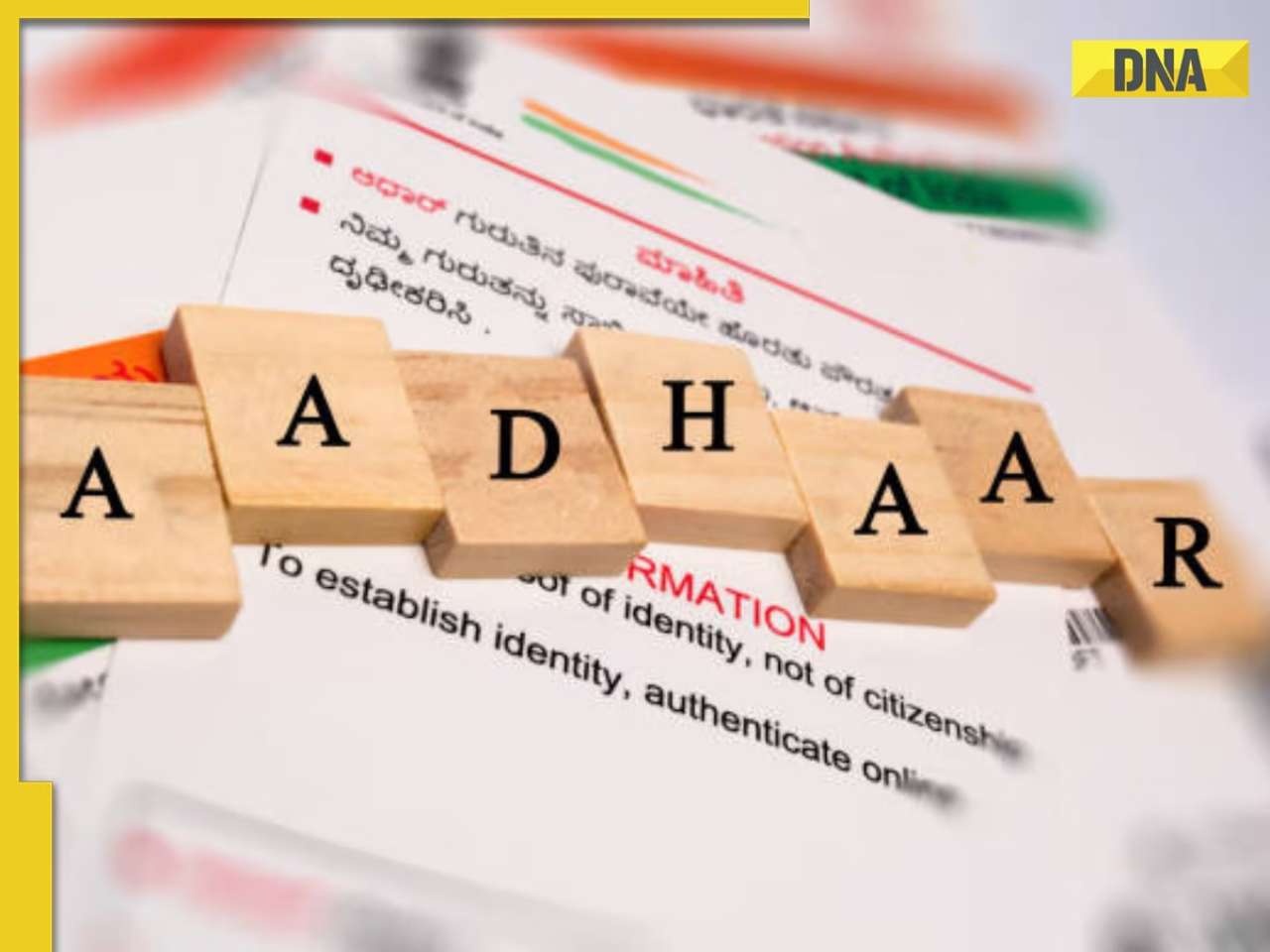 UIDAI shares BIG update on children above 7 with Aadhaar: 'To face risk of...'
UIDAI shares BIG update on children above 7 with Aadhaar: 'To face risk of...' Meet woman who started as trainee, will now become CEO of..., won major award at Cannes, she is...
Meet woman who started as trainee, will now become CEO of..., won major award at Cannes, she is...  Then and now: What Daniel Radcliffe, Emma Watson, Rupert Grint and more Harry Potter cast members doing now?
Then and now: What Daniel Radcliffe, Emma Watson, Rupert Grint and more Harry Potter cast members doing now? Which Visa lets you travel to multiple countries? Learn about Visas that fit your needs
Which Visa lets you travel to multiple countries? Learn about Visas that fit your needs Chhoriyan Chali Gaon contestants list out: Anita Hassanandani, Aishwarya Khare, and others join Rannvijay Singha's show
Chhoriyan Chali Gaon contestants list out: Anita Hassanandani, Aishwarya Khare, and others join Rannvijay Singha's show Laapataa Ladies' Pratibha Ranta returns in Revolutionaries with Bhuvam Bham, Rohit Saraf: All you need to know about Nikkhil Advani's series
Laapataa Ladies' Pratibha Ranta returns in Revolutionaries with Bhuvam Bham, Rohit Saraf: All you need to know about Nikkhil Advani's series Ananya Panday's vacation photos go viral: A peek into her sun-kissed moments, beach outfits, and carefree vibes
Ananya Panday's vacation photos go viral: A peek into her sun-kissed moments, beach outfits, and carefree vibes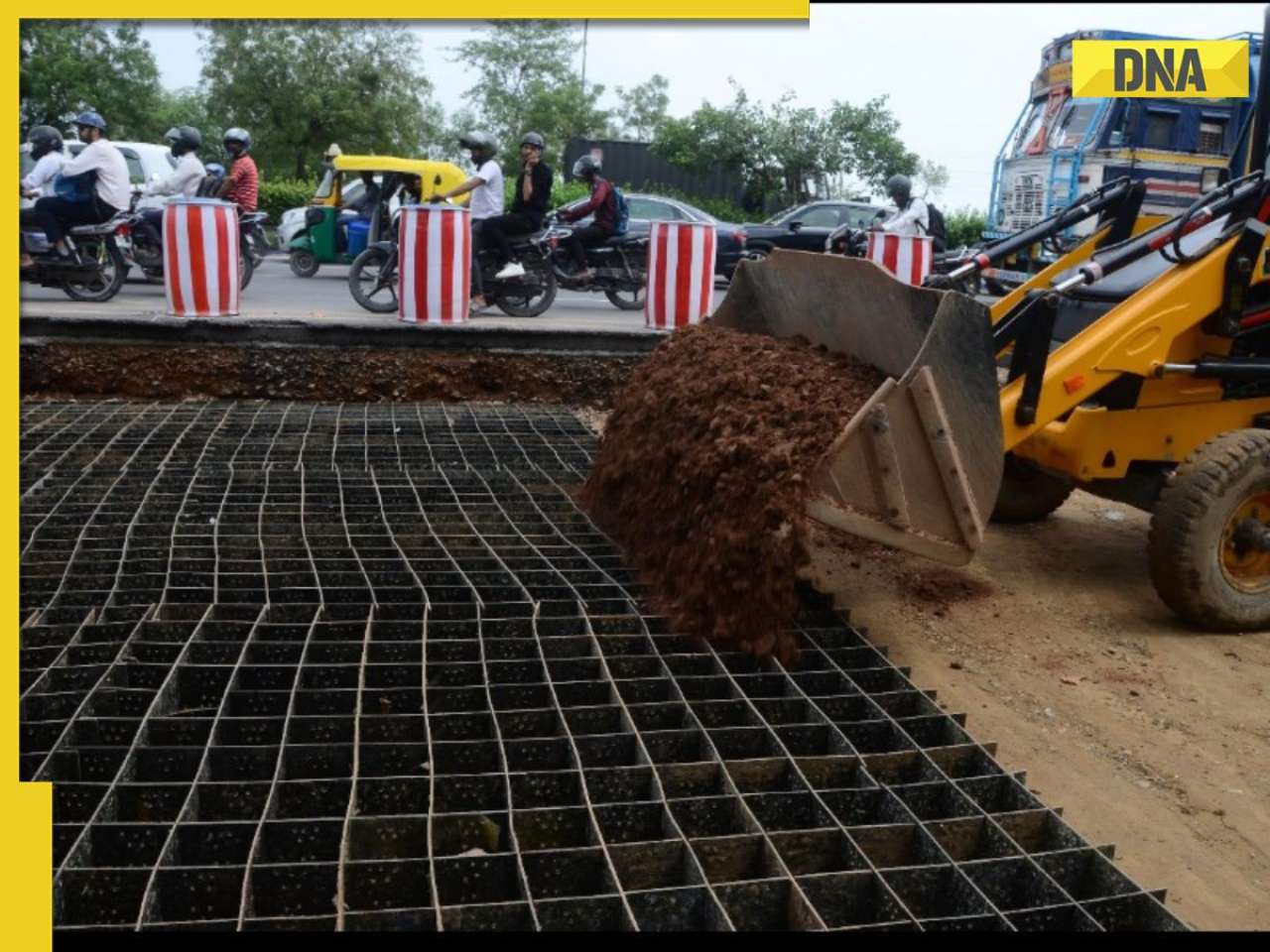 India's first plastic road to be built with Geocell Technology in..., know all about this sustainable initiative
India's first plastic road to be built with Geocell Technology in..., know all about this sustainable initiative 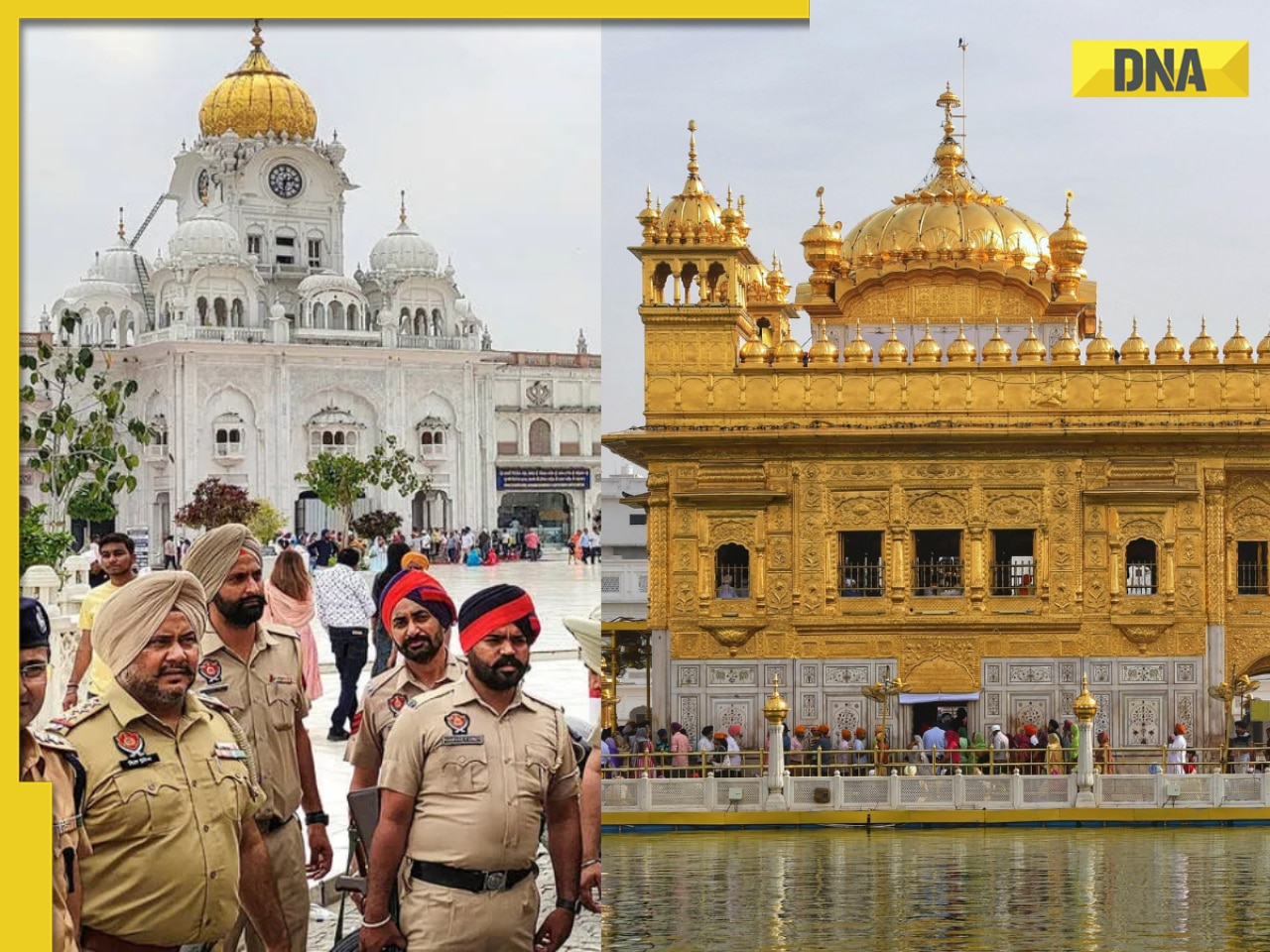 Golden Temple receives bomb threat again, second RDX email in 24 hours, probe underway
Golden Temple receives bomb threat again, second RDX email in 24 hours, probe underway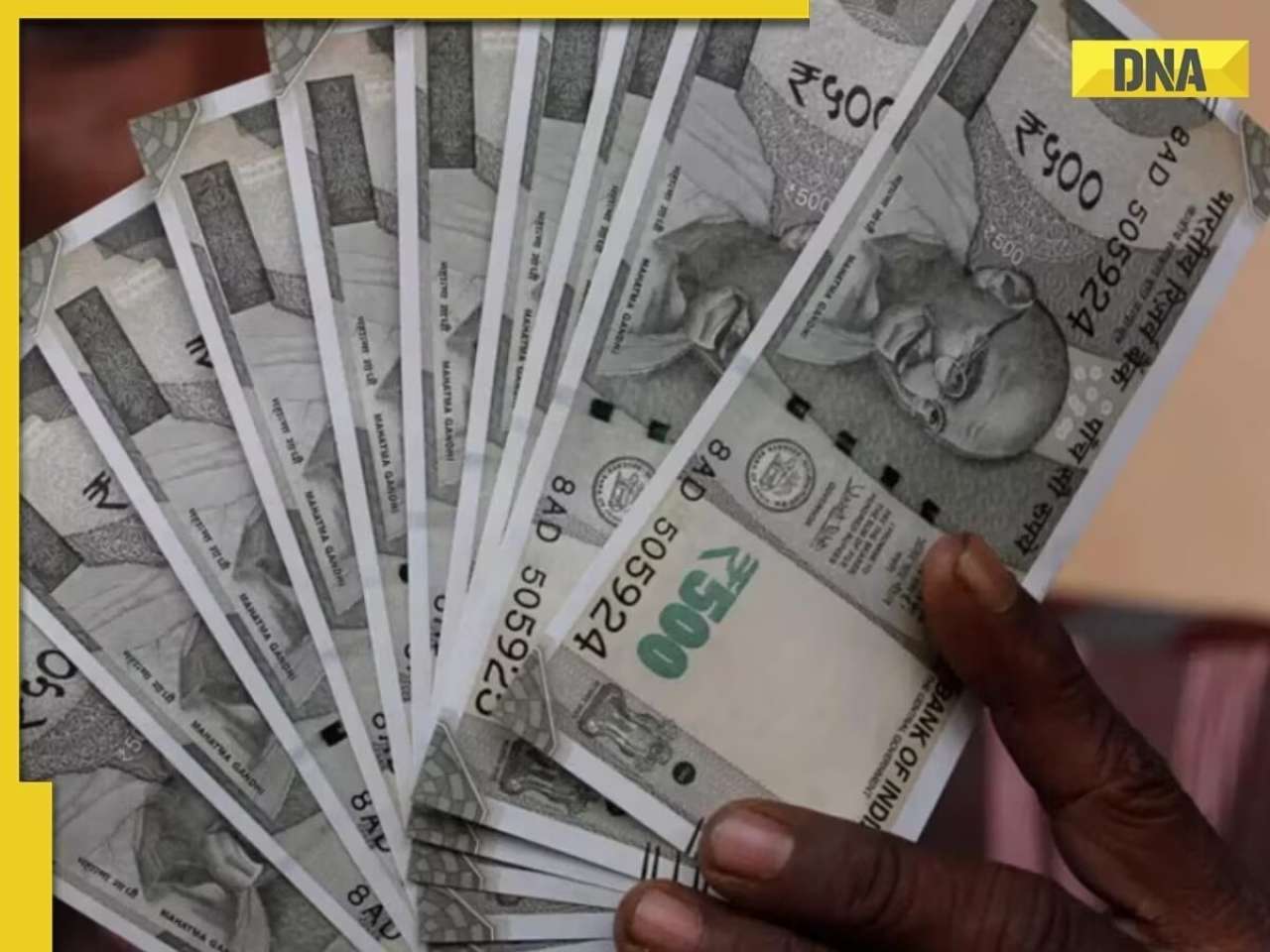 Rs 10000000000: Indians losing huge amount of money every month due to...
Rs 10000000000: Indians losing huge amount of money every month due to... DNA Verified: Samosa, jalebi, other Indian snacks to carry health warning labels? Know the truth here
DNA Verified: Samosa, jalebi, other Indian snacks to carry health warning labels? Know the truth here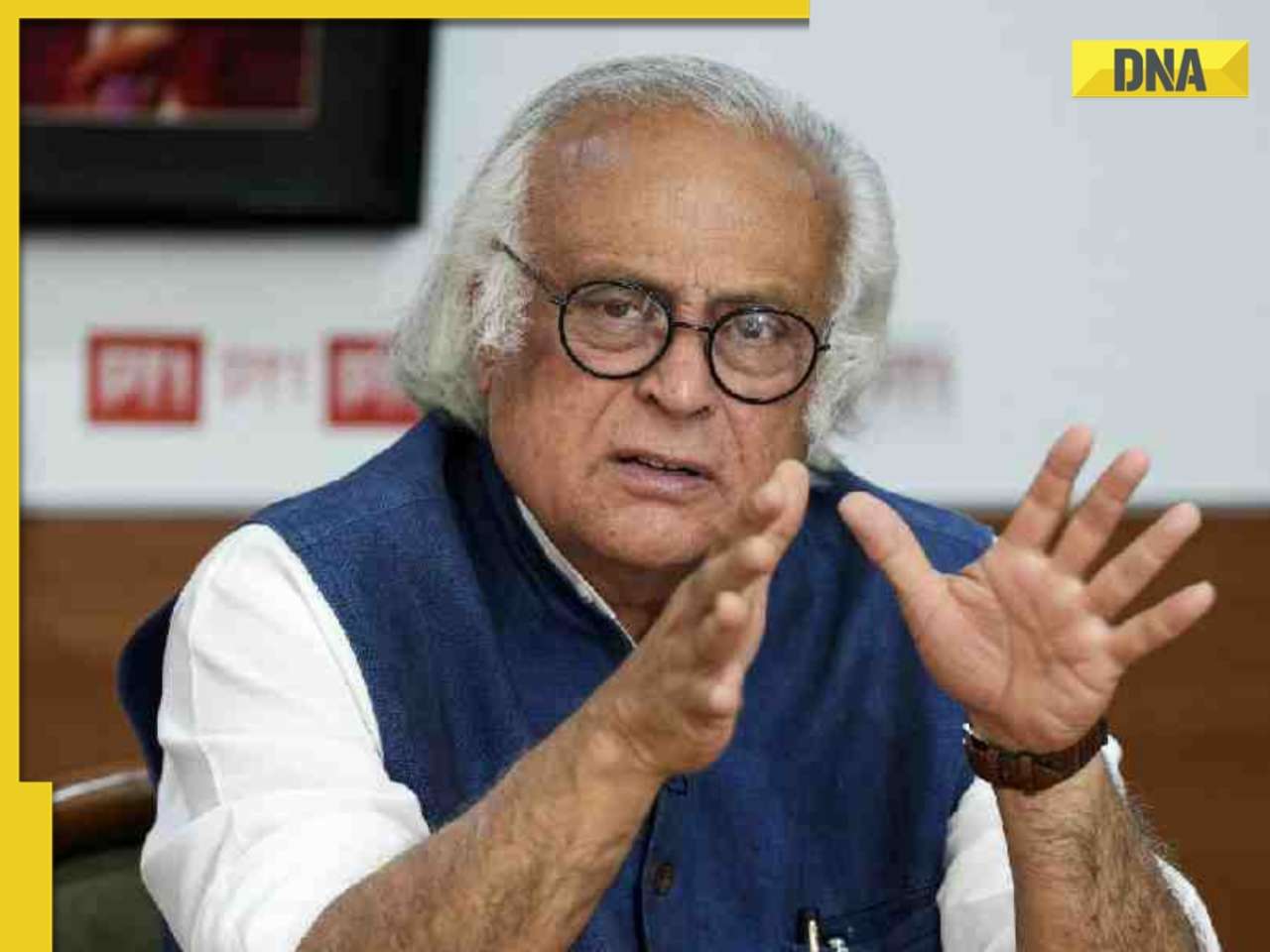 '65 days, 22 times’: Congress leader Jairam Ramesh slams BJP as US President Trump again claims credit for India-Pakistan ceasefire
'65 days, 22 times’: Congress leader Jairam Ramesh slams BJP as US President Trump again claims credit for India-Pakistan ceasefire Who is IAS officer Arpit Sagar who Fined NHAI for..., served in high-ranking administrative roles, she’s from...
Who is IAS officer Arpit Sagar who Fined NHAI for..., served in high-ranking administrative roles, she’s from... 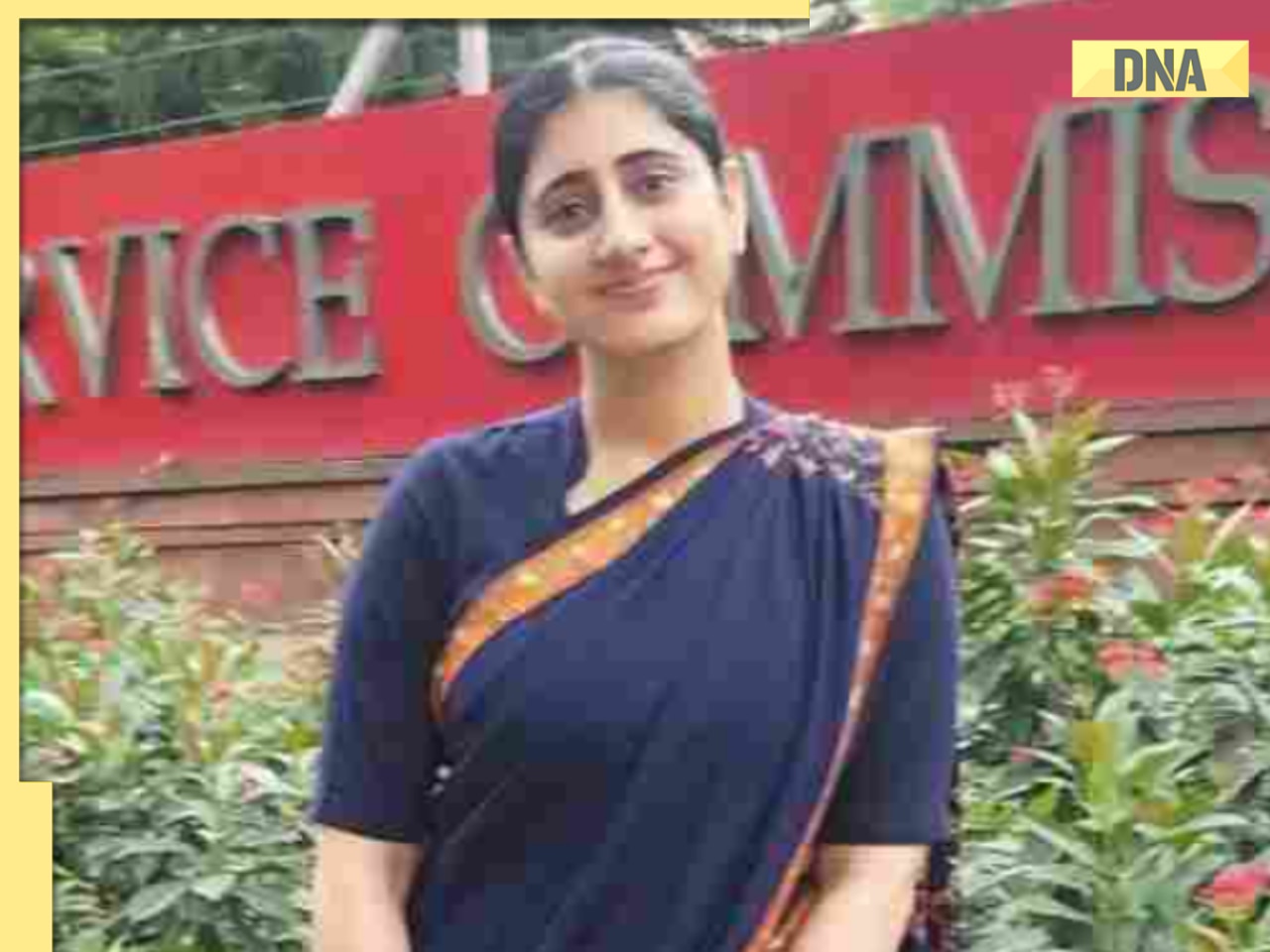 Meet woman who left high-paying job in Switzerland for UPSC exam, secured AIR...; married to IAS, she is now...
Meet woman who left high-paying job in Switzerland for UPSC exam, secured AIR...; married to IAS, she is now... Meet woman who failed in NEET, UPSC exams, later secured Rs 72 LPA job at THIS aviation giant to become the youngest...
Meet woman who failed in NEET, UPSC exams, later secured Rs 72 LPA job at THIS aviation giant to become the youngest... This auto driver speaks 7 languages, did double MA, worked in MNCs, wanted to become IAS officer then..., is now going viral for..
This auto driver speaks 7 languages, did double MA, worked in MNCs, wanted to become IAS officer then..., is now going viral for.. Meet 19-year-old boy who took family responsibilities after his father's demise, cracked JEE Main with 9 to 5 job, his AIR was..., he wants to...
Meet 19-year-old boy who took family responsibilities after his father's demise, cracked JEE Main with 9 to 5 job, his AIR was..., he wants to... This luxury car is first choice of Indians, even left BMW, Jaguar, Audi behind in sales, it is...
This luxury car is first choice of Indians, even left BMW, Jaguar, Audi behind in sales, it is... Kia India unveils Carens Clavis: Check features, design changes, price and more; bookings open on...
Kia India unveils Carens Clavis: Check features, design changes, price and more; bookings open on... Tesla CEO Elon Musk launches most affordable Cybertruck, but it costs Rs 830000 more than older version, it is worth Rs...
Tesla CEO Elon Musk launches most affordable Cybertruck, but it costs Rs 830000 more than older version, it is worth Rs... Planning to buy a Maruti Suzuki car? Prices set to rise by 4% from...
Planning to buy a Maruti Suzuki car? Prices set to rise by 4% from... Audi launches Audi RS Q8 2025 in India: Know price, specifications and unique features
Audi launches Audi RS Q8 2025 in India: Know price, specifications and unique features 




)
)
)
)
)
)
)
)
)
)
)
)
)
)
)
)
